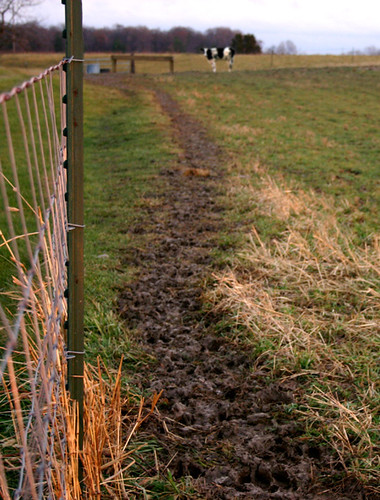The Intelligent Design of Microformats
Ryan King
Technorati
http://theryanking.com/presentations/2006/xtech/talk/
the other day...
- already gave a tutorial on mf's the other day
- gonna be a bit higher level here
- if you want to ask specific technical questions, please hold off a bit
- want to take the opportunity to provide some depth in one area
Kansas

Missouri

FSM

technology
- conservative
- add to the existing Web
- minimum invention
- on top of established technology
- common Web practices
an overview of the technology stance of microformats
The goal of this philosophy is...
social
promote, encourage, build...
- convergence
- openness
social
not a...
- standards body
- proprietary project
- something in between?
elevator pitch
Designed for humans first and machines second, microformats are a set of simple, open data formats built upon existing and widely adopted standards.
- high level statement
- aside: why don't other efforts have high level statements?
- ...
- I want to talk about this design process
- ...first, some philosophy
data format design ???
- there is no discipline of "data format" design
- no school teaches it
- we try to treat it like software engineering/systems design, but its significantly different
- shared semantics
- interop
- ...
- can we learn from other designers?
user centered design
- "web of data"
- need people to build this
- we want "web of data"
- currently - lots of semi-structured data on the web
- more data = more people
- more people = lowering the bar for publishing
designing microformats
now for a bit about how we go about designing a microformat....
first, a bit about the web...
web processes
- experiment
- spread
- iterate
- watch
- great place for experimenting with new ideas
- often picked up by many people
- iterate and improve
- innovators must watch and learn from how innovations are adopted and adapted
semantic markup
- several years ago, Web developers began to push for semantic markup + CSS
- idea: create more extensible and maintainable documents
- practices are out in the open ==> collaboration and convergence
- best practices identified, evolved into standard practices
- ...
- these are human semantics
- ...
- microformats grew out of natural convergence
- As vocabularies converge, standardization can achieve machine semantics
- unstructured data - structured data, new form of interoperability
the microformats process
- process grew out of practice
- later we wrote the process down
- I'll use hResume for examples
problem statement
- identify the problem
- simpler problems?
- really a problem?
- identify the problem you'd like to solve
- look for simpler problems
- make sure the problems are unsolved, or at least, can be significantly improved
- hResume
- people publish resumes online
- a target for structuring
- no existing broadly interoperable format
problem statement
- ask around
- you aren't special
- you aren't that smart
- ask around
- you aren't special
- you aren't that smart
- hResume
- I had no idea how many people had worked on resume formats
- I had no idea of the variation of resumes

pave the cowpaths...
document behavior
- adapt to current behavior
- must find the cowpaths before we can pave them
- why?
- adapt to current behavior
- indicator of future behavior
- eases adoption
- must find the cowpaths before we can pave them
- hResume - I didn't know what common practices existed for resumes, I only knew what I'd done
procedure
- collect
- deconstruct
- merge
- look around
- collect markup examples
- hResume - collected a sample of resumes
- some semantic markup
- some sloppy
- deconstruct the markup
- not always a large enough sample - ie, citation format
- analyze the implicit schema
- hResume example
- pull the examples together and merge
- develop an overall implied schema
- hResume example
- in the open
- you don't know everything
propose a microformat
- actually, don't
ask..
- is there an HTML element that will work?
- is there an HTML compound that will work?
- is there an existing microformat that will mostly work?
ask...
- are there existing standards?
- ...established?
- ...interoperable?
- existing semantics = no arguements
ok, if you've made it this far...
proposal
- write
- try
- feedback
- iterate
scientific method
from wikipedia:
- Define the question
- Gather information and resources
- Form hypothesis
- Perform experiment and collect data
- Analyze data
- Interpret data and draw conclusions that serve as a starting point for new hypotheses
- Publish results
- do these line up?
- mf process is science, many data formats efforts have been philosophy
?

- http://flickr.com/photos/kt/19925290/
- http://flickr.com/photos/fofurasfelinas/5895836/